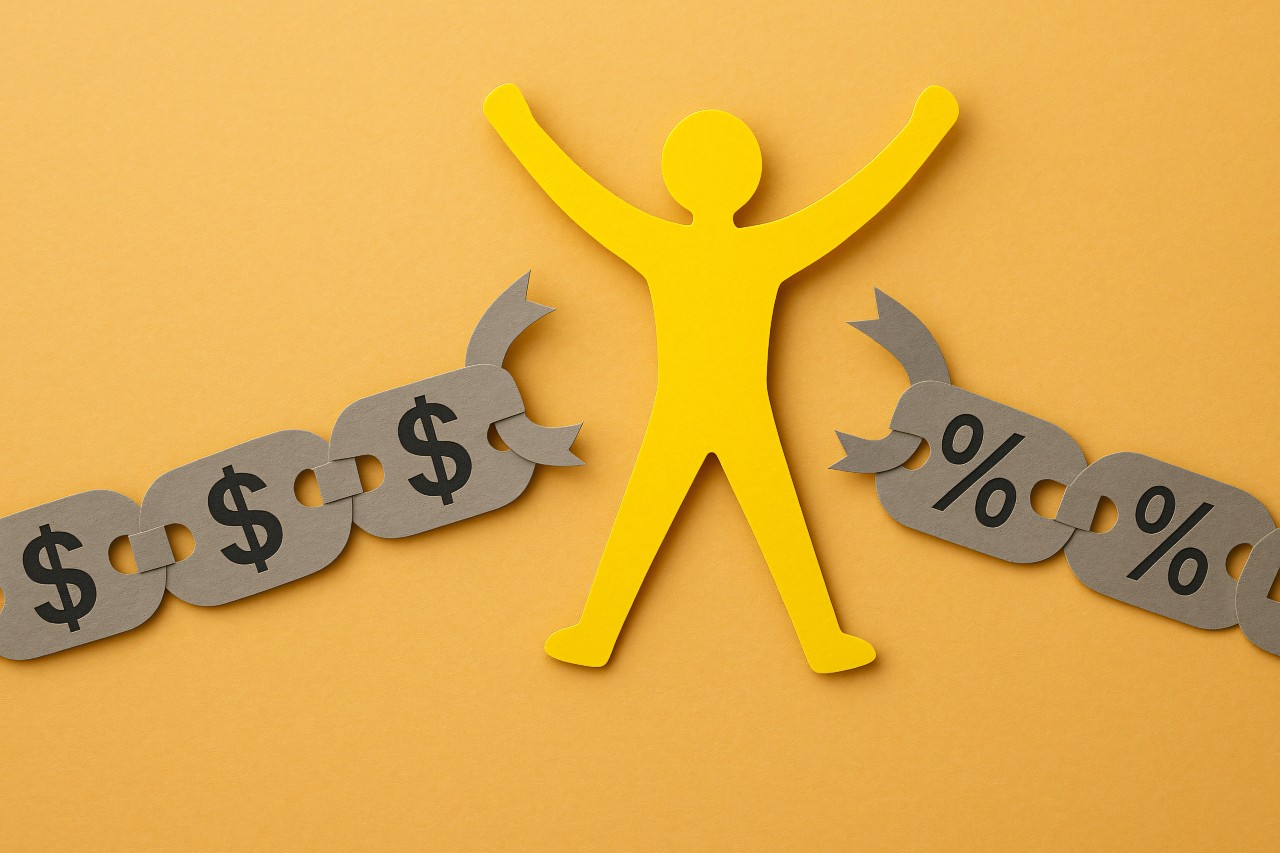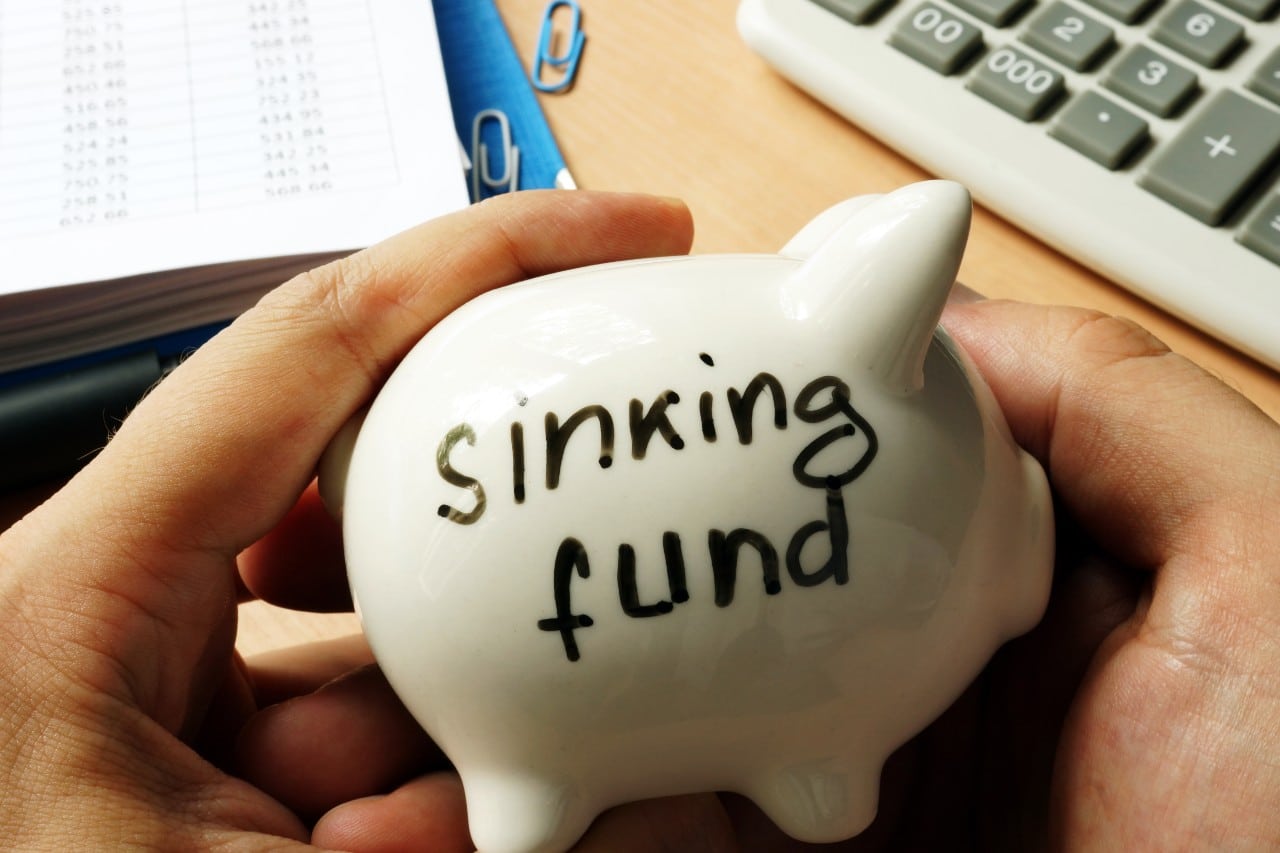Smart renting, in this context, is the act of maximizing the benefits of renting a home or apartment. As many house prices continue to rise, and people have difficulty saving up for a deposit or qualifying for a mortgage. Getting on to the property ladder is becoming harder and harder. This means that many people are being forced to rent for years longer.
And when you’re renting, it’s all too easy to find yourself in financial trouble, as rent prices often increase faster than wages, and small debts quickly spiral out of control. Especially during the COVID-19 pandemic, with many people finding their income reduced or even losing their jobs.
Smart renting is essential to avoiding debt — you need to understand your rights, know your financial limits, and prepare yourself for worst-case scenarios.
Don’t spend too much on rent
Rent is always going to be one of your biggest expenses each month, but it’s important that you fully understand how much you can afford to spend on it. You might want to live by yourself in a dream apartment or find a house in the perfect area, but don’t commit to renting somewhere you can only afford. It’s generally recommended that you don’t spend more than 30% of your income on rent and utilities.
If you’re only just about to cover the rent each month, then any rent increases, changes to your bills, or a reduction in your income is going to make it impossible for you to keep up with your payments.
Try looking at an area just a bit further out. Or, consider a house share with a couple of other people to keep your rental costs low. It might not be perfect, but you’ll save some money. If you’re able to compromise and spend less on rent, then you’ll be less at risk of falling into debt, and you may even be able to put away some money for the future.
Switch utility suppliers
Many renters will stick with the same suppliers for gas, electricity, and the internet. Finding the best deal could take a lot of money off your bills each month. You can research the main utility providers in your area. Determine their rates and calculate what your bills would look like if you switch.
Use a site like PlanHub to compare internet providers and plans to ensure you’re getting the best deal possible. And don’t just switch once. Each time your contract runs out, check out whether you could be paying less with another provider.
Get flexible tenants insurance
Getting the right tenant insurance coverage is essential as a renter. It covers you if your property is damaged or stolen, provides support if you can’t stay in your home, and protects you against lawsuits with personal liability.
However, it can end up costing you a lot, especially if you commit to a fixed-term contract and move out before it ends. You’ll potentially lose money if you’ve paid upfront or have to pay a cancellation fee to get out of the contract. So make sure you choose a flexible policy — for example, Duuo offers tenants insurance on a rolling monthly basis so that you can easily cancel any time. This is great for giving you peace of mind over any binding long-term contracts.
Tenant’s insurance is important, and not having it when you need it could put you into a tough financial situation. Still, it’s important not to overpay and sign up for long-term contracts unnecessarily.
Avoid loans and credit cards
Where possible, don’t turn to loans and credit cards with high interest rates when you’re short on money. It might help you out in the short term, but the interest will quickly pile up, and the debts can become unmanageable.
If you’re unable to pay the rent for one month, then try talking to your landlord. See if you can spread the cost of that month’s rent over the next two or three months.
If you need to borrow money, look for credit cards with a period of interest-free credit so that it gives you time to pay off your credit card before the debt starts increasing. Look somewhere like MoneySense for help and advice in finding the most suitable credit card for your situation.
Understand the terms of your lease
Finally, smart renting means knowing exactly what you agree to when you sign your lease.
It would be best if you had a clear understanding of what you can and can’t do when you’re living on the property, for example, any decorating you want to do or putting nails in the wall to hang pictures. Get it in writing if the landlord is happy for you to do that or if it’s your responsibility to put things back when you move out.
Know what responsibilities you have for looking after the property. Do you need to maintain a garden? Is it up to you to sort out maintenance and repairs, or will the landlord take care of it?
If there’s damage to the property when you move in, you need to discuss it with the landlord. Take pictures as evidence that you haven’t caused the damage. And check how long your lease is for and what your rights are if you need to move out early.
Not being completely clear about what you’re signing up to when you move into a property can mean you lose your deposit when you move out. Otherwise, you have to pay extra charges to your landlord.
Smart renting will be more important than ever as people struggle with the financial impact of COVID-19. So follow these tips to minimize your risk of going into debt. If you do find yourself in debt, seek professional advice as soon as possible.





